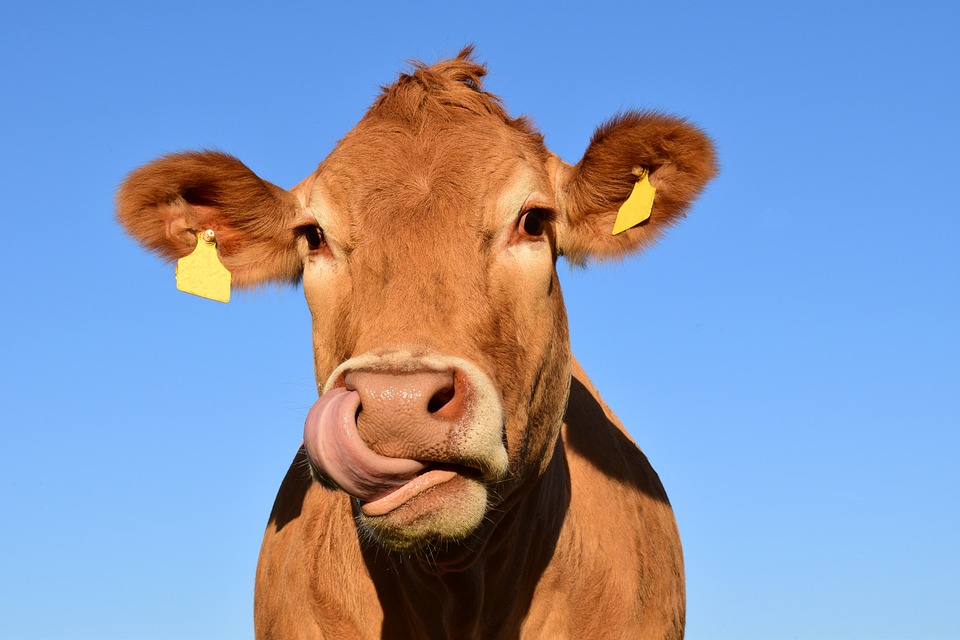
Brexit for Farming
Brexit at this stage has become totally exhausting for all involved, not least those in the farming sector. How everything will play out is anyone’s guess. British MPs are to vote again on Brexit tomorrow – originally scheduled to be Brexit Day – to consider a motion on EU withdrawal. Passing the Withdrawal Agreement alone would allow the UK to qualify for an extension on Brexit talks to the 22nd May under the terms set down by the European Council last week. The Irish Government has indicated that it will support an extension request, but other European leaders may only agree to this on a short term basis.
Irish farm leaders have reacted with alarm to the British no deal tariff proposals, which would hit the beef sector hard. If these proposals come into being, it will almost definitely result in border controls being implemented from the southern side.
No deal tariffs on dairy and beef proposed by the UK could be devastating to the Irish farming sector post Brexit. The UK takes over half of all beef produced and is the largest consumer market for cheddar cheese. Industry figures stressed that Ireland would now have to compete with dairy and beef produced on a cheaper scale by countries such as Brazil and New Zealand. Bord Bia has stated that the proposed UK tariff regime would be detrimental to Irish farmers and agri-food exporters. The Department of Agriculture has been regularly in contact with the European Commission on the need to provide support for Irish farming post Brexit. Detailed discussions are taking place with regard to the possibilities of what sectoral financial supports may be put in place to support farmers, particularly those in the beef sector. We await the outcome of all dealings with baited breath.
Marts
The mart trade has continued in a steady fashion for the past couple of weeks. The numbers of animals supplied is rising and demand is matching supply at present. Demand from farmer buyers has been very strong, with grass buyer activity much higher than earlier in the year. There also appears to be significant demand from feedlot buyers in addition to improved exporter demand.
Beef Trade
The continuing uncertainty over Brexit is painting a negative picture for the beef industry. Many producers are anxiously trying to move stock. However, the reality is that factories have been significantly controlling throughput in recent weeks. So for those wishing to move cattle quickly, there is generally a time lag of anything up to 10 – 14 days to get cattle accepted for slaughter. There has been no significant change in base price with steers trading @ circa €3.75 kg and heifers €3.85 kg.
Stocking Loans
It is that time of year again when the mornings and evenings are beginning to stretch and cattle are being purchased for the pastures that will shortly be approaching their full growth potential. So whether you produce beef from a specialist suckler herd or from the offspring of the increased dairy herd, our focus is you. Our Stocking Loans are designed for farmers who want to finance the purchase of cattle for rearing and/or finishing. The main features are as follows;
- A repayment schedule to match your cash flow.
- A revolving element if required that ensures your next stocking loan will be available as soon as your existing loan is cleared.
- Total lending amounts up to €150,000.
- Variable rate of interest that is charged on a reducing balance basis.
- There are no arrangement or set up fees.
- All applications will be handled by our experienced Agri lending team.
Whether you are a start-up or experienced farmer, our focus is you. Non-members are more than welcome to come in for a face to face meeting and see if we can be of assistance to your enterprise today. We believe our suite of Agri loan facilities can fulfil the needs of all farmers and we look forward to hearing from you shortly.